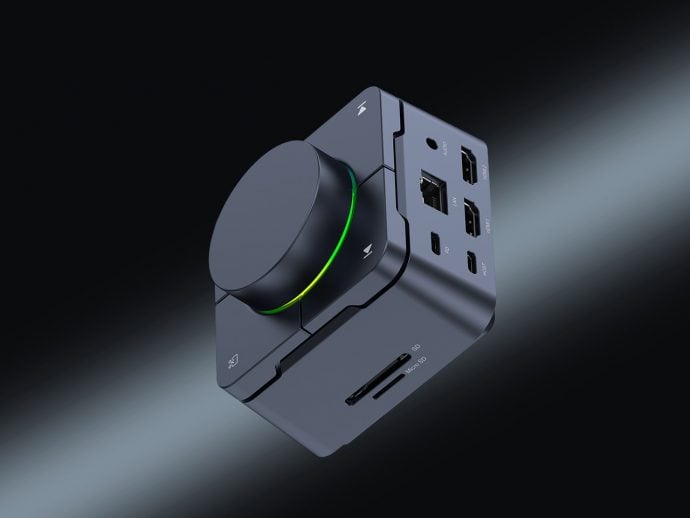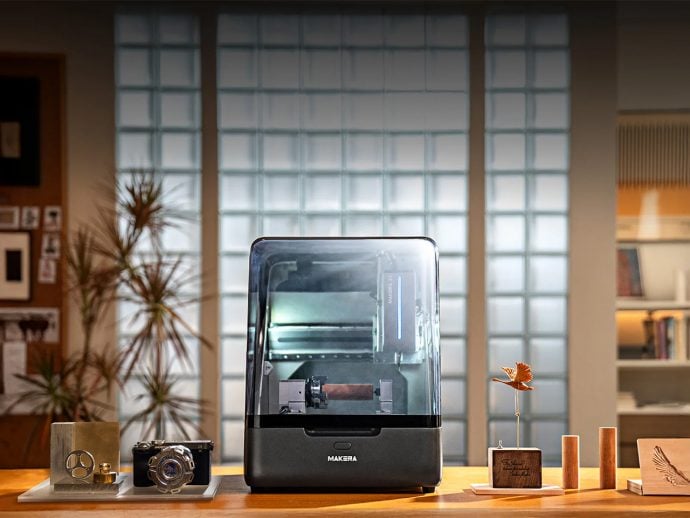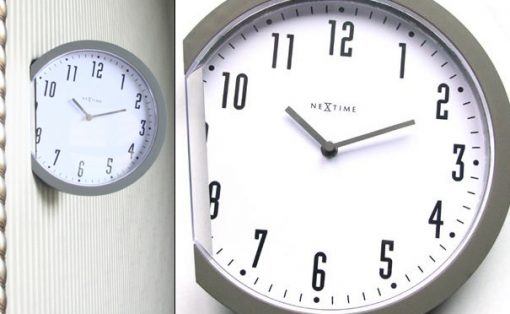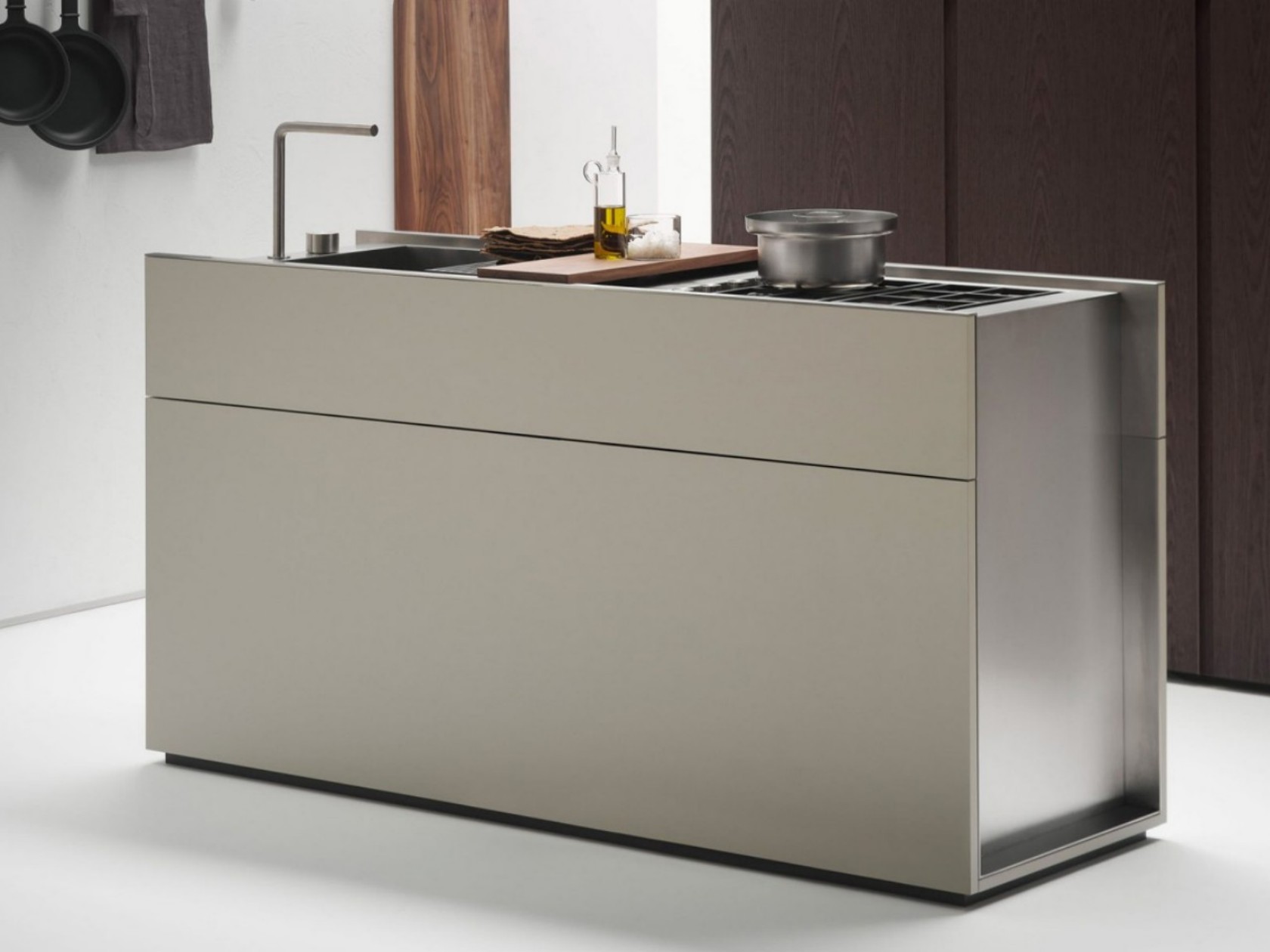
The modern kitchen design features a clean, streamlined look, but it may be subjected to different problems that decrease the workflow and functionality of the kitchen. As the kitchen forms one of the busiest areas of the home, it may transform into a disorganized space that may create stress while working. As effectively running a kitchen demands careful planning and organization, here are solutions to some common kitchen problems where maintaining the desired level of neatness becomes challenging.
Designer: Falper
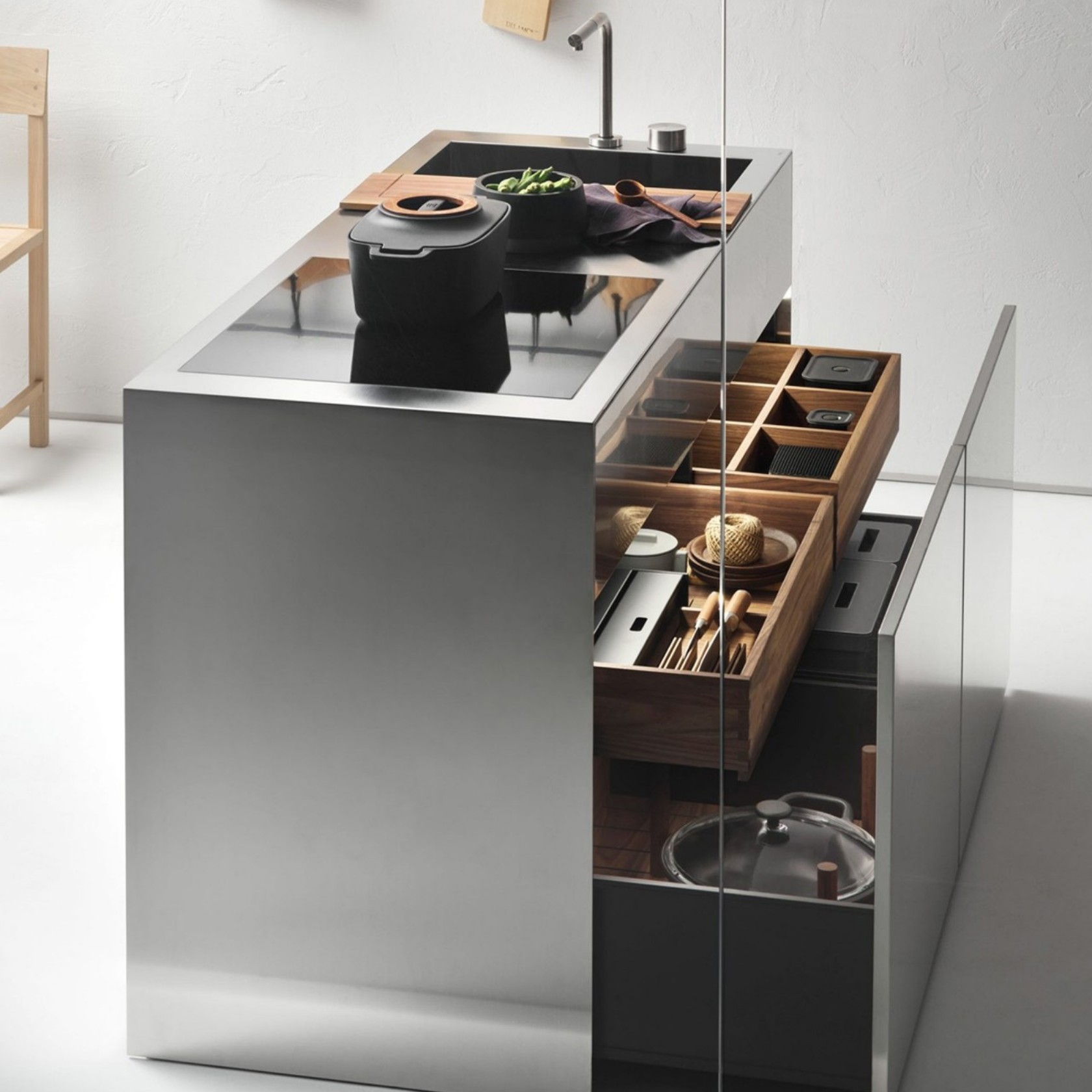
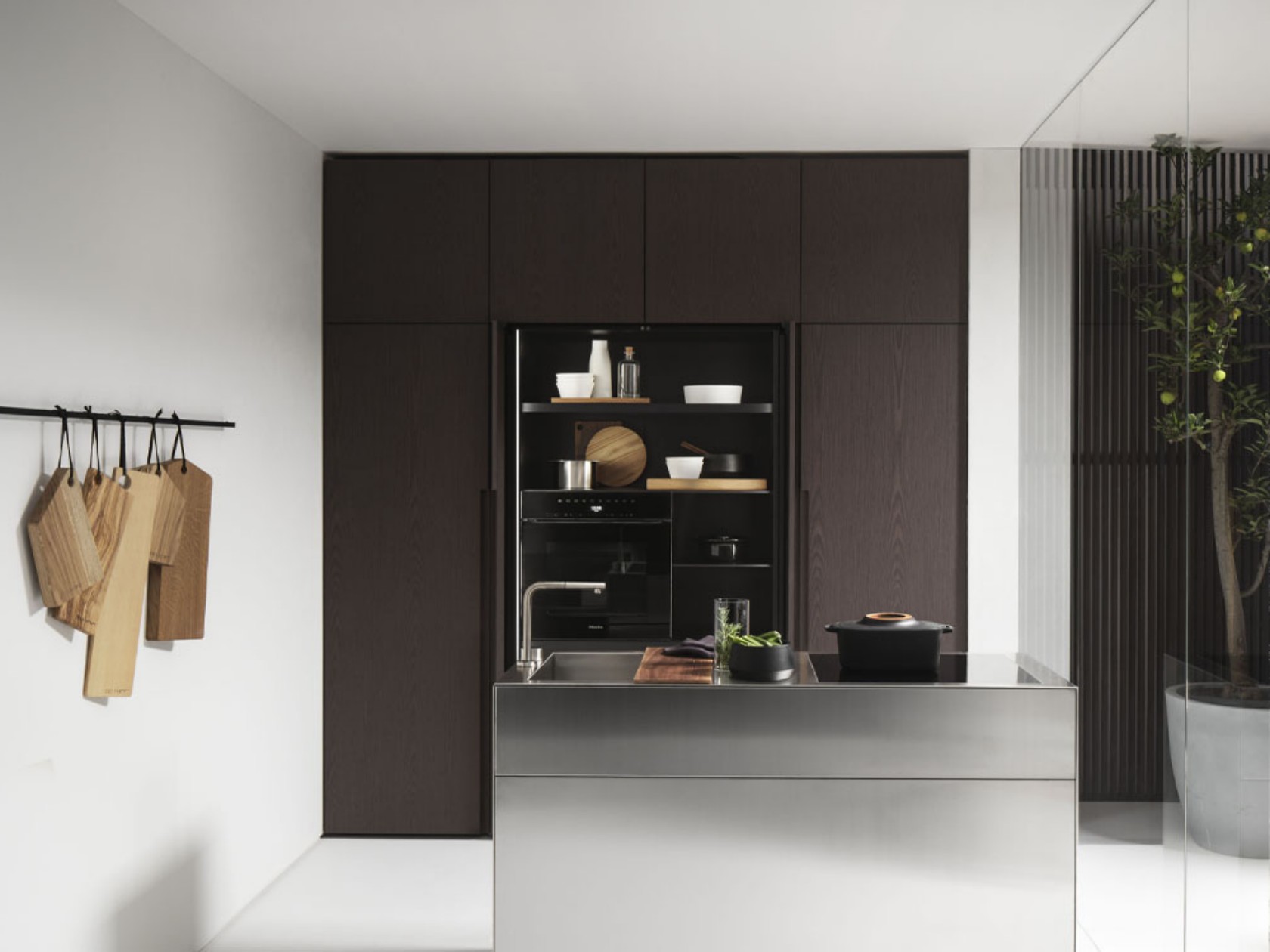

Problem 1: Unpleasant Odor in Drain
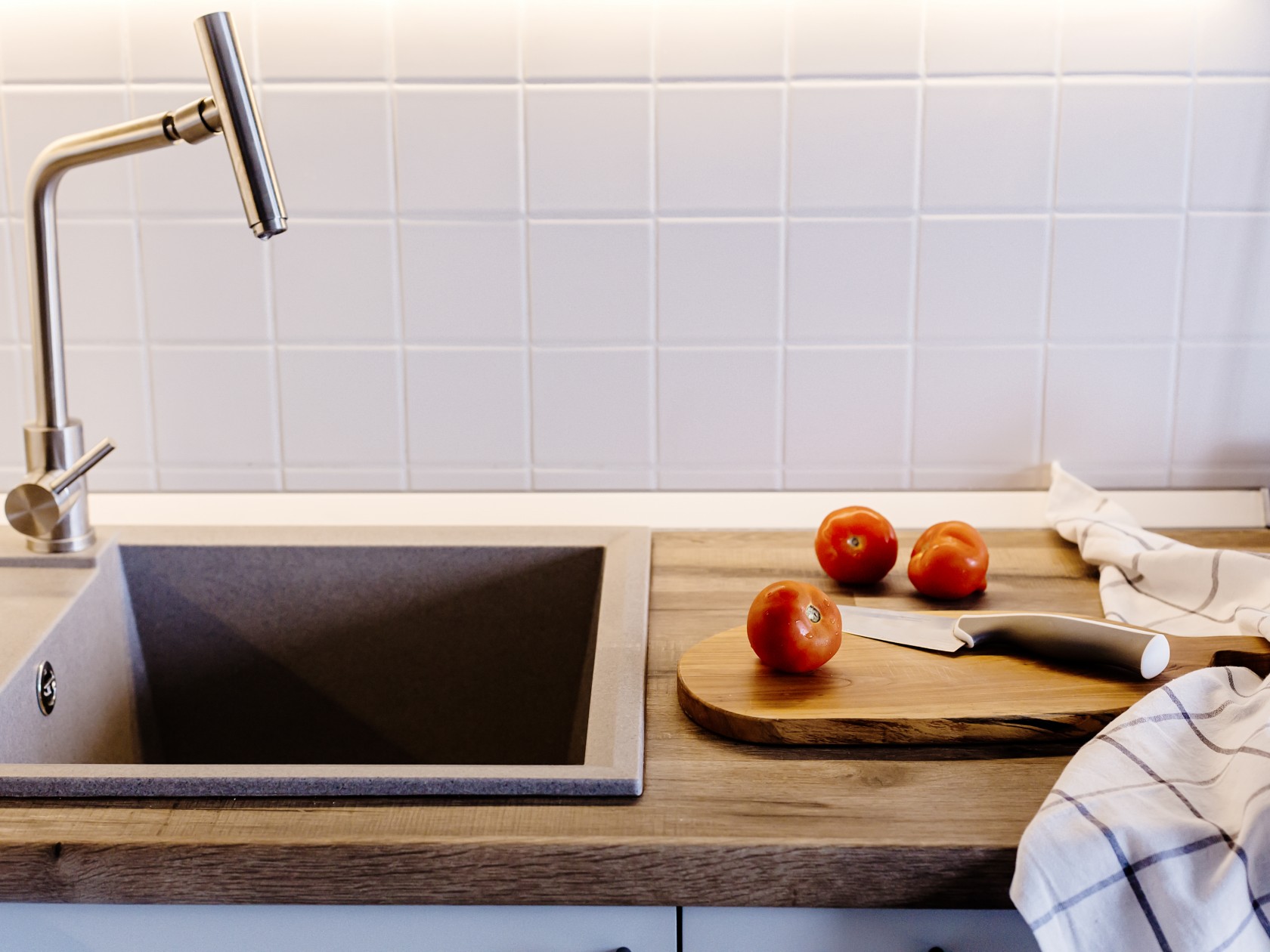
Image courtesy of: Sonyachny
If your kitchen releases a foul odor, it is because the water passing through the sink and drain decomposes. This can be taken care of by using readily available ingredients from the pantry, such as baking soda and lemon juice. Simply pour the mixture down the drain, let it sit for 15 minutes, and then flush it with hot water.
Problem 2: Greasy Surfaces
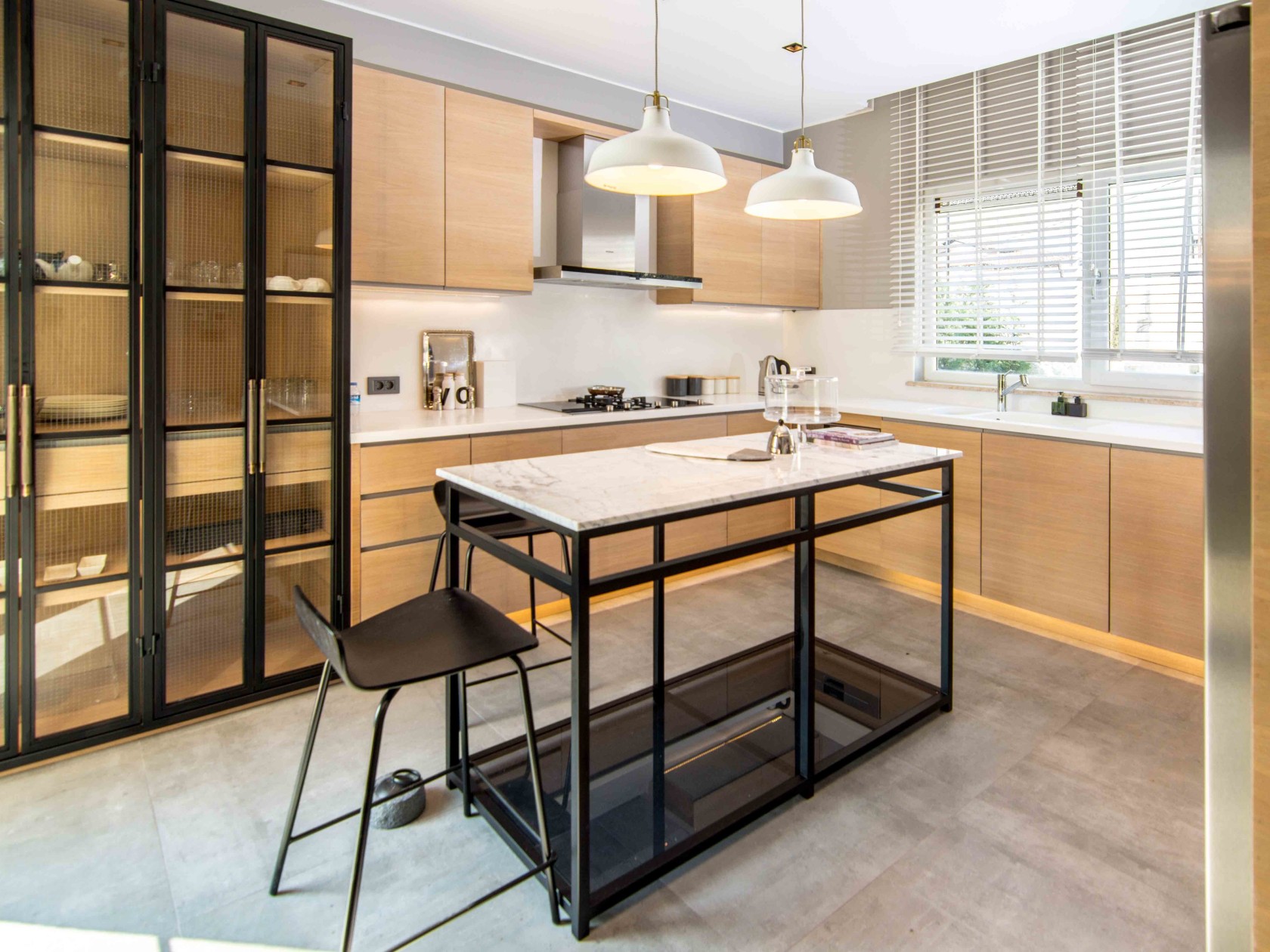
Image courtesy of: wirestock
It is common to have grease on surfaces like the countertop, kitchen sink, floor, cabinets, and even the chimney. This is because grime accumulates on the surfaces, which is a combination of steam and oil. One of the simplest ways to resolve this issue is by cleaning the surfaces with white vinegar and a microfiber cloth.
Problem 3: Insufficient Lighting
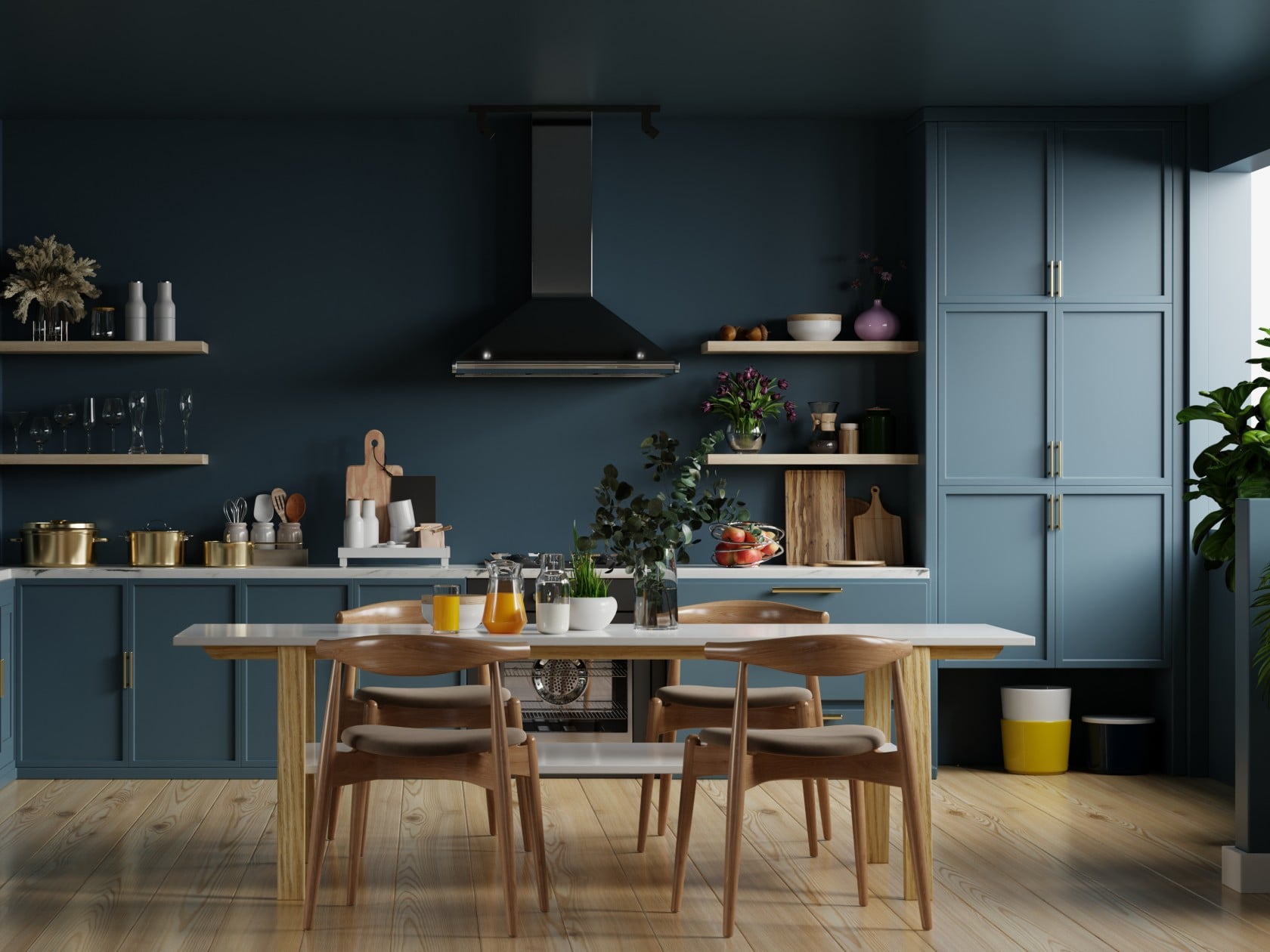
Image courtesy of: vanitjan
Lighting is a crucial element in interior design that provides comfort for cooking and efficient workflow. As certain kitchens may have low-intensity lights, they should be replaced with bright bulbs. The kitchen lighting should comprise three essential layers namely the ambient, accent, and task lighting. These layers combine to create a highly functional kitchen design. Ambient lighting forms the main source of illumination, task lighting focuses on functional areas like countertops, while accent lighting highlights decor elements. Note that some fixtures serve dual purposes by emphasizing both the functionality and aesthetics of a practical kitchen.
Problem 4: Inadequate Storage
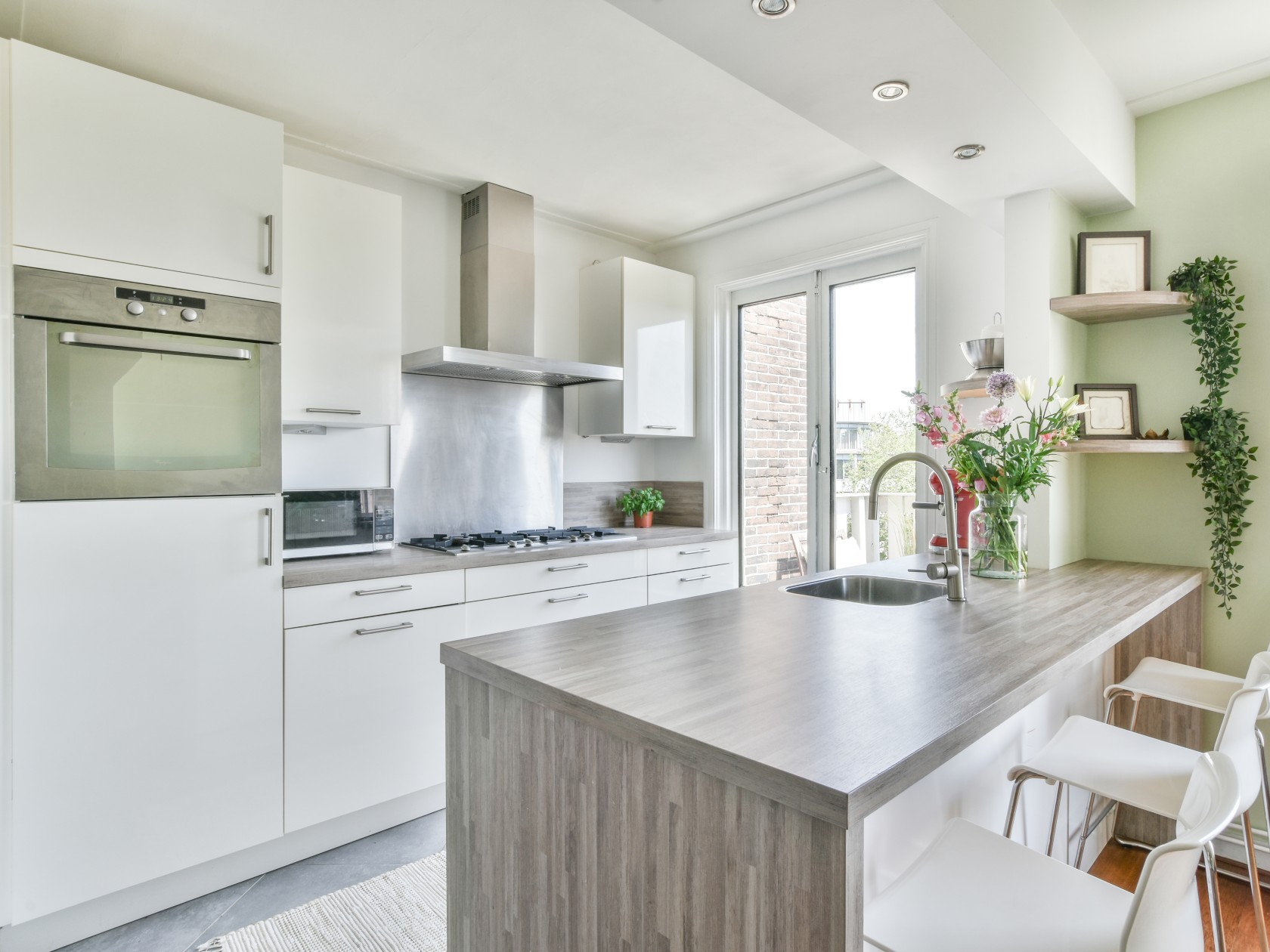
Image courtesy of: pro_creator
Inadequate storage is one of the main reasons for an unorganized kitchen. Therefore, it is important to optimize vertical storage with full-height overhead cabinets and store infrequently used items on the top shelves. If space permits, introduce a kitchen island that serves as an additional countertop or a dining or breakfast table that provides extra storage. Another way to optimize space is by replacing bulky standalone appliances with sleek built-in ones, ensuring ease of maintenance and increased kitchen space. Go for a portable table or trolley that can accommodate large and small items that occupy precious countertop space. Opt for a pantry with a custom multi-utility cabinet or a full-wall cabinet for organized storage. You can also invest in a tall modular unit that can efficiently accommodate glassware, crockery, packaged food, and other kitchen ingredients. Install small shelves on the inner sides of kitchen cabinets or cupboard doors to store small items that often get misplaced.
Problem 5: Cluttered Surfaces
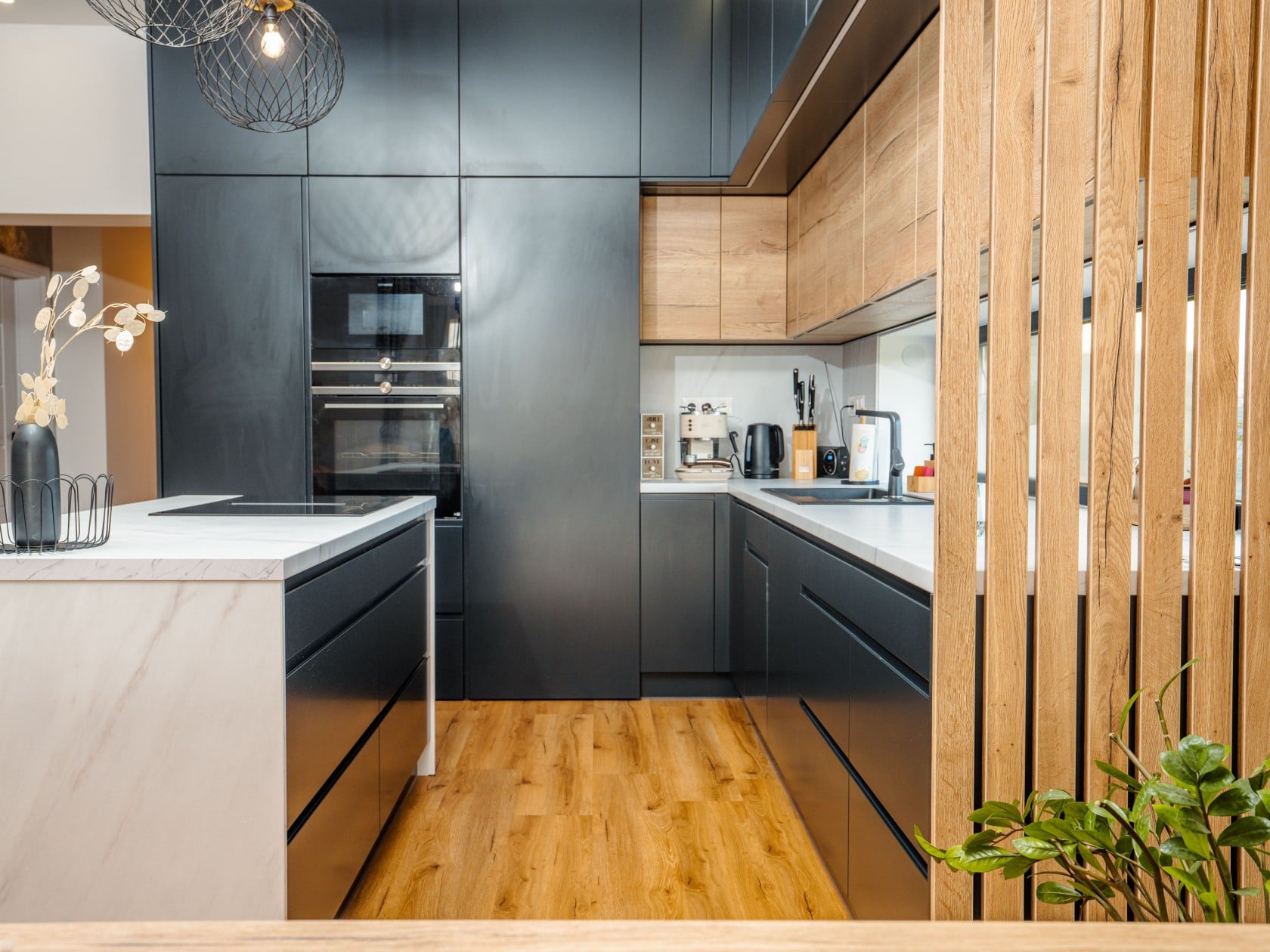
Image courtesy of: wirestock
A cluttered kitchen reduces the workflow of the user; hence you must make sure to ensure that the countertop is free of clutter as limited countertop space is often a common design constraint. To minimize clutter, it is important to reduce the number of items on the countertop and use the window sills for other storage. Dedicate one cabinet to mixers, toasters, and grinders, and use the backsplash for hanging pots, spatulas, and frequently used kitchen utensils. This is one of the best ways to maximize storage and enhance the overall efficiency of the kitchen. Also, you can create additional space in the ‘work’ zone by extending or adding new cabinets overhead and also, contemplate utilizing the space above the fridge to install cabinets. Other ways to reduce clutter include discarding utensils that are not useful, getting rid of spices, sauces, and other kitchen ingredients that have crossed their expiry date, and keeping the counter clean so that the kitchen does not feel overwhelmed with clutter or create stress.
Problem 6: No Natural Light
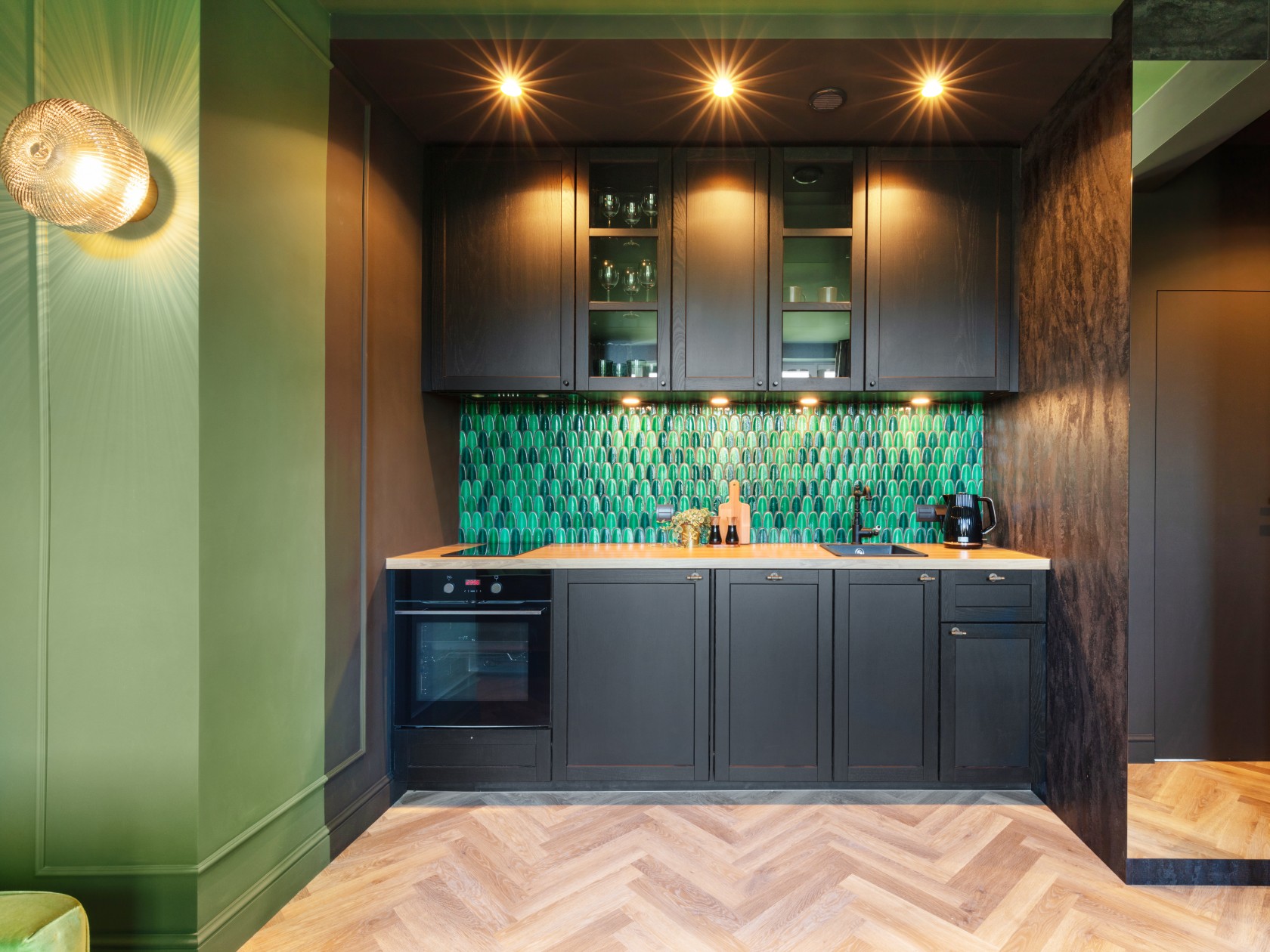
Image courtesy of: photocreo
Lack of natural light or a window with an appealing view imparts a cramped look and feel to the kitchen. If the kitchen does not receive natural light, consider an open kitchen design or incorporate a breakfast counter. Natural light from the living room or dining space can illuminate the area during the daytime, helping to eliminate kitchen odors. Additionally, ensure that the kitchen has a chimney and exhaust fan for good ventilation. Since the absence of natural light can impart a gloomy look, you can enhance the room’s edges and create a sense of space with under-cabinet lights, providing task lighting on shaded countertops. You can also extend the feeling of space by adding LED lights on the kickboards at floor level.
Problem 7: Kitchen Odors
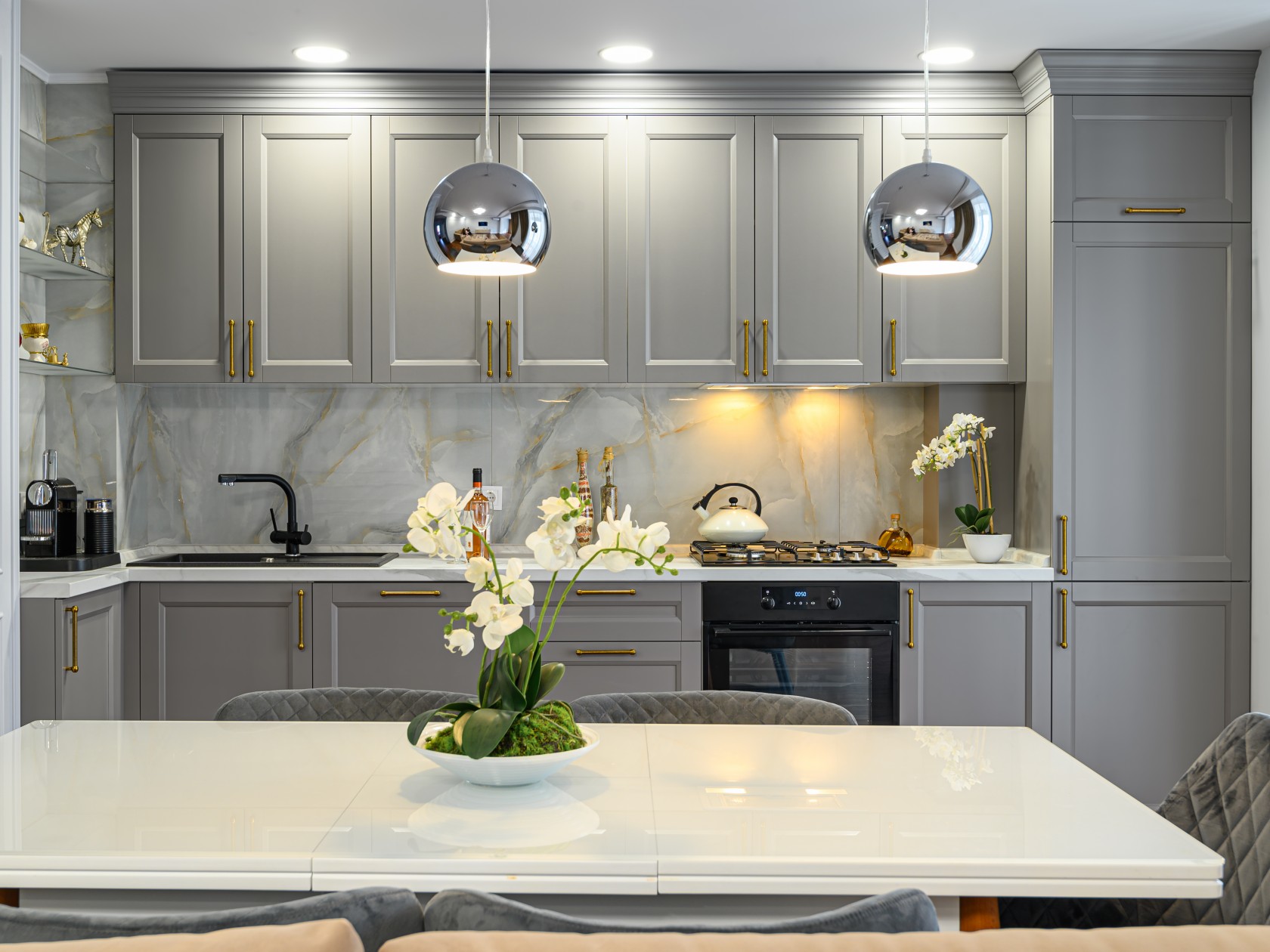
Image courtesy of: staRRush
If the kitchen releases odors, then it is highly recommended to install a chimney with high suction power and create a smoke-free and soot-free kitchen. If your kitchen smells unpleasant due to last night’s dinner remnants, sink moisture, or lingering trash odors, prioritize ventilation. Thoroughly clean appliance interiors and countertops to tackle stubborn residues. Combat odors by placing open boxes of baking soda, charcoal, or coffee grounds in strategic locations. Additionally, clean the kitchen regularly to check potential sources of odor like soiled kitchen towels, food residue, spills, clogged drains, trash bins, and so on. Do not forget to infuse delightful aromas by periodically spraying your favorite essential oil around the kitchen or mixing a few drops with vinegar and water solution for daily counter wiping. Alternatively, choose potpourri, diffusers, or scented candles for long-lasting effects
Problem 8: Chaos in Drawers
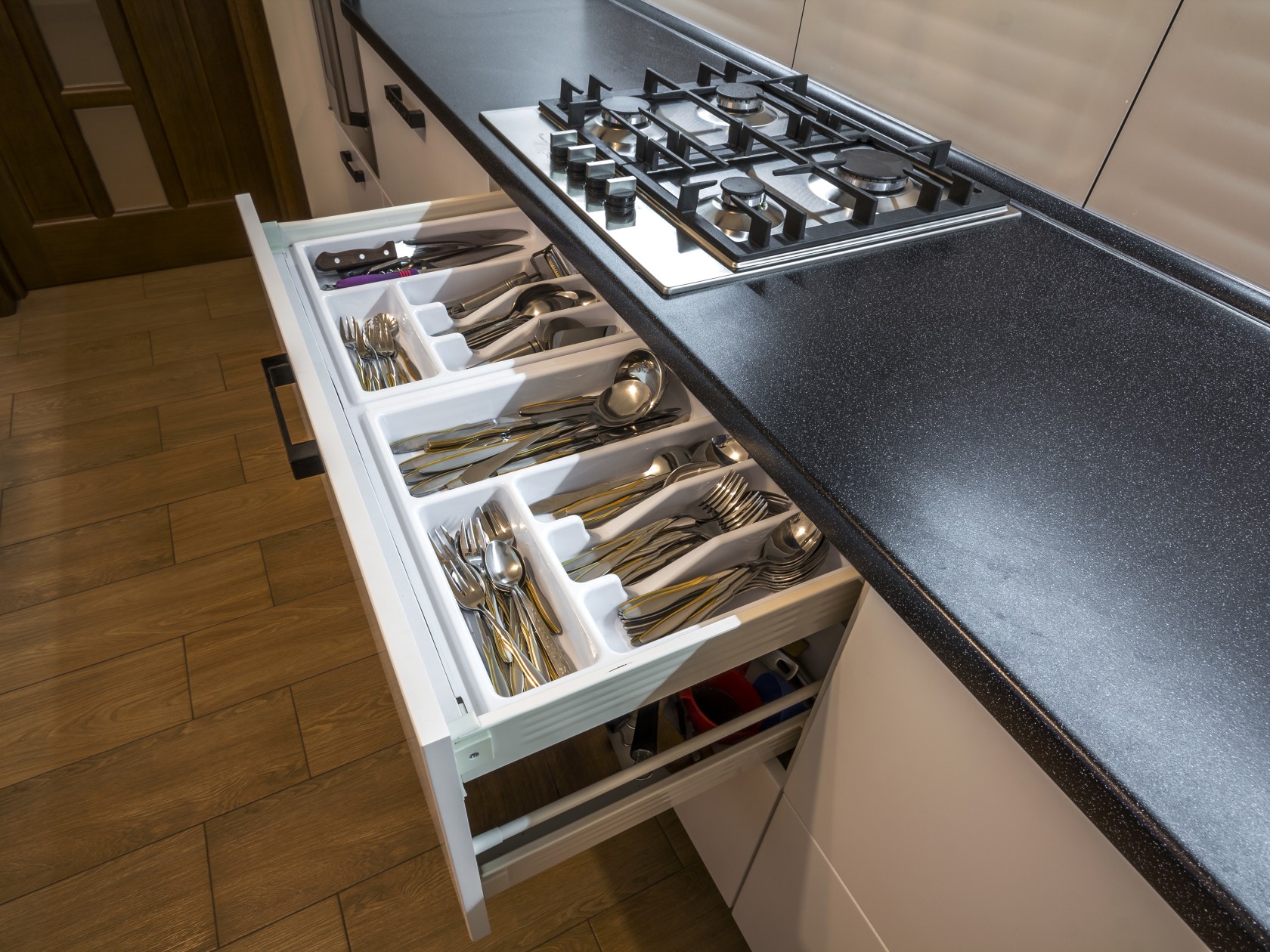
Image courtesy of: bilanol
It is important to maintain order in the kitchen, as cutlery like spoons, spatulas, ladles, and others tend to get disorganized and messy. This can be taken care of by introducing adjustable drawer inserts or cutlery trays within each drawer. It allows flexibility for arranging various kitchen tools and maintaining order by placing the cutlery in different compartments.
Problem 9: Pest Infestation
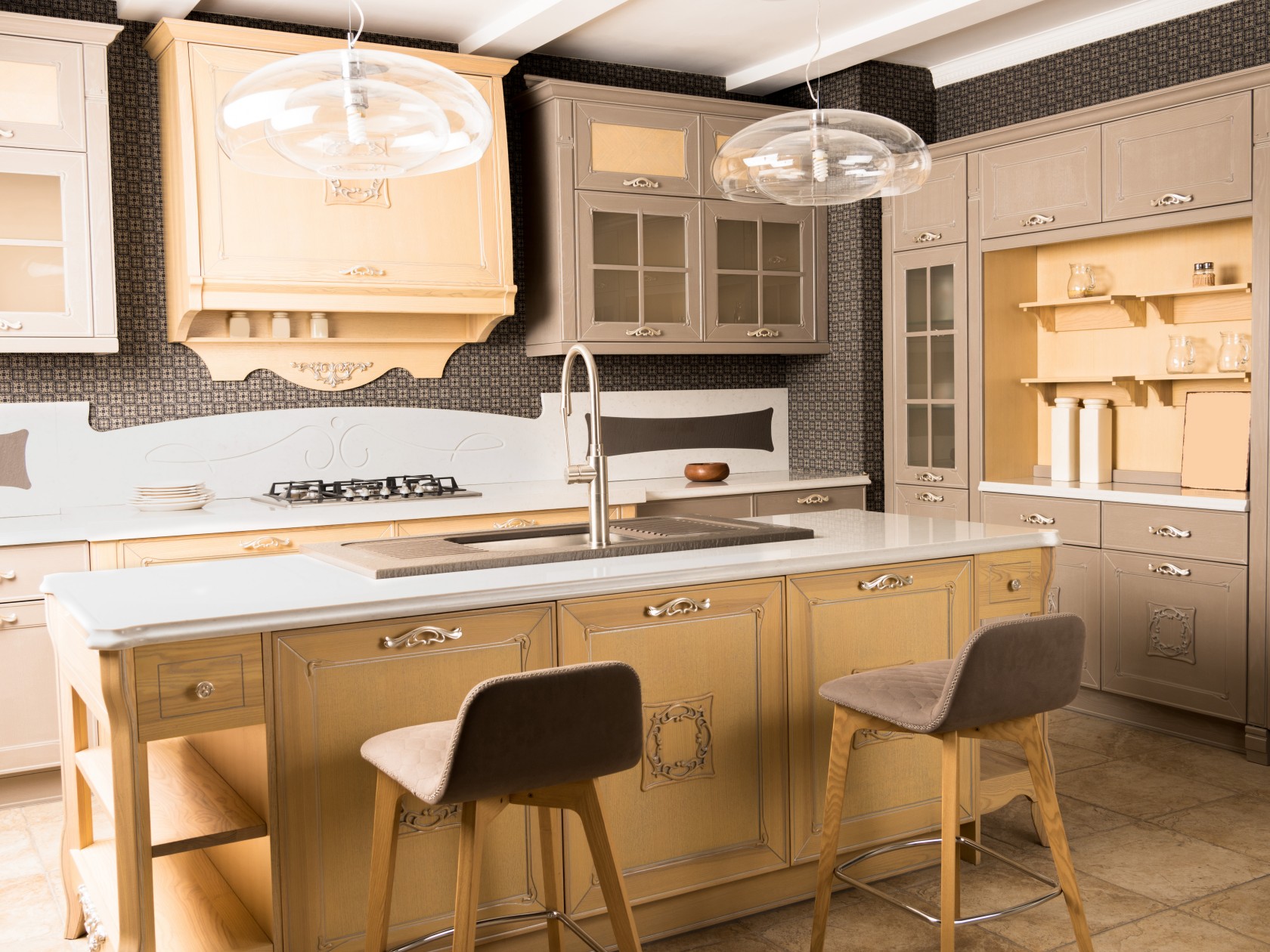
Image courtesy of: LightFieldStudios
It is crucial to promptly remove food residues and address spills to prevent the attraction of cockroaches and other pests. If you spot flies on the cooktop or ants inside the cabinets, then contact a local pest control company for kitchen-safe pesticides. Alternatively, use insect-repelling houseplants like basil, lavender, mint, etc. strategically placed in open cabinets or hung by the window. Additionally, ensure to follow a consistent home pest control routine every four months. The best part is that modern pest control methods enable teams to reach difficult-to-access areas in the kitchen without the need to empty the entire space during service.
Problem 10: Trouble Finding Things
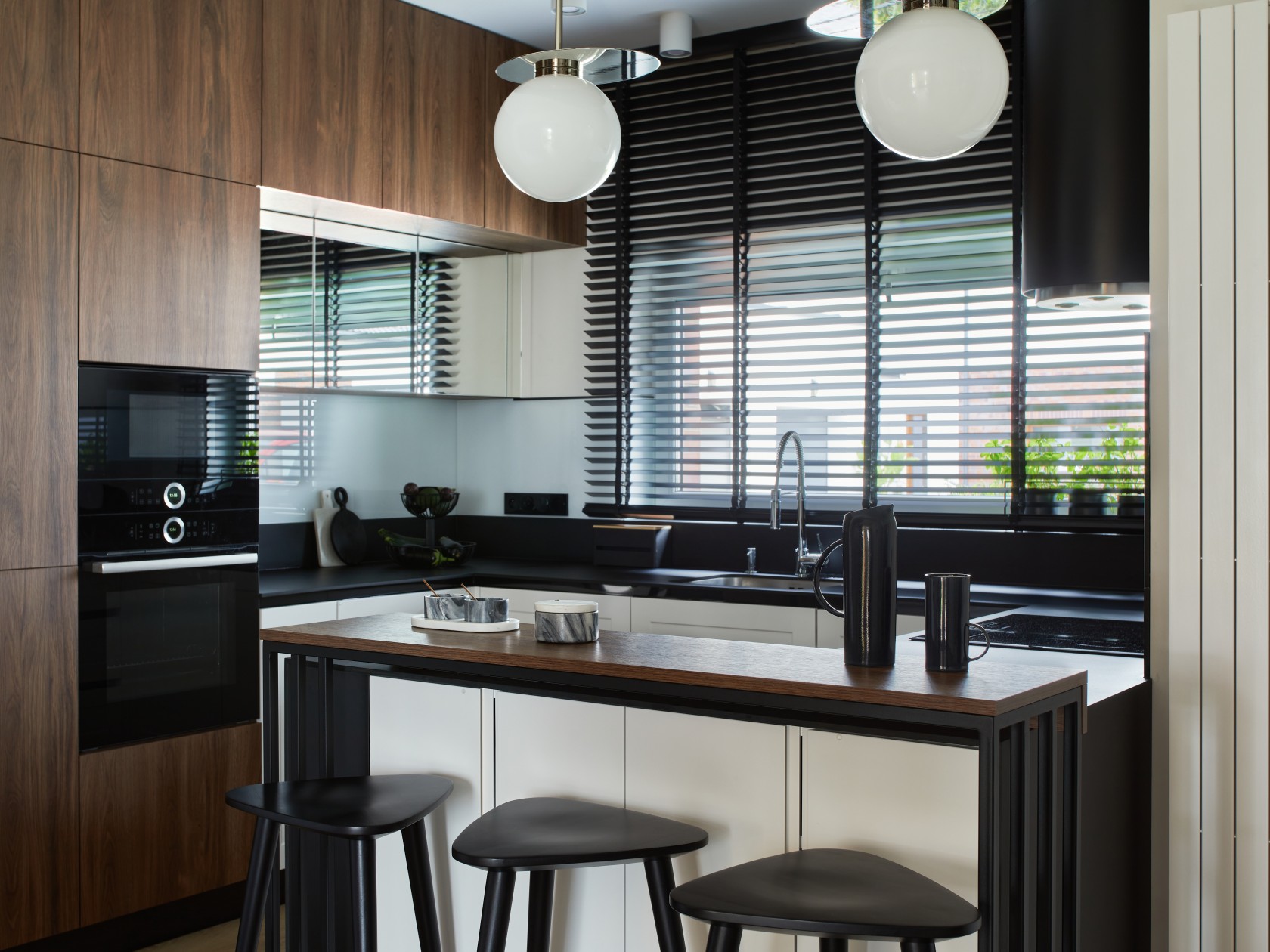
Image courtesy of: FollowTheFlowStudio
In an unorganized kitchen, it may be difficult to find things. Therefore, there should be a designated place for each item, and it is important to keep things back in the right place. Adding labels or using transparent containers can be efficient, as it is an innovative method to locate things and keep the space organized. Also, maximize the space between the counter and overhead cabinets by hanging ladles, spatulas, and other small utensils using rods, or pegs on the wall so that they are easy to find and access.

